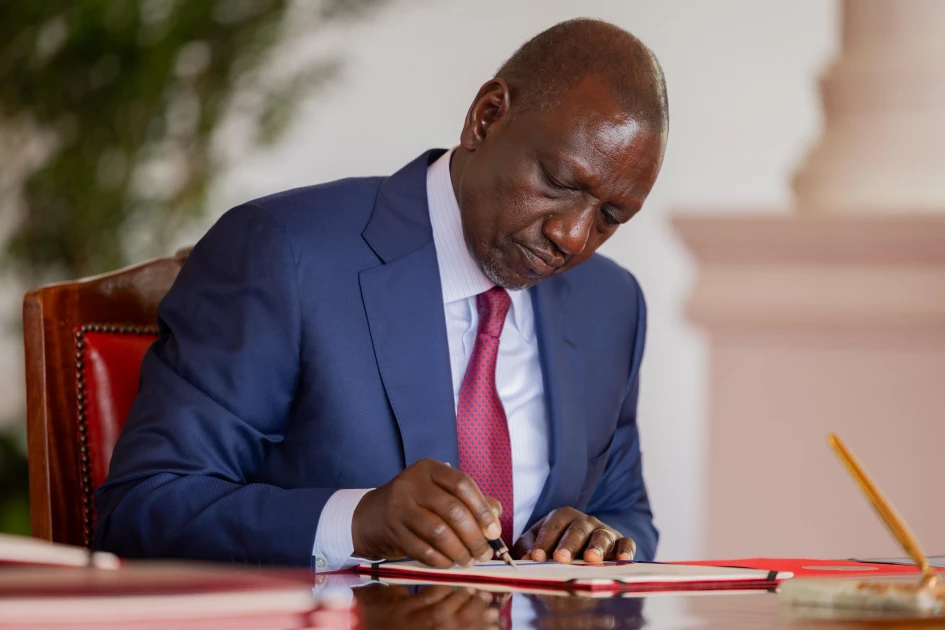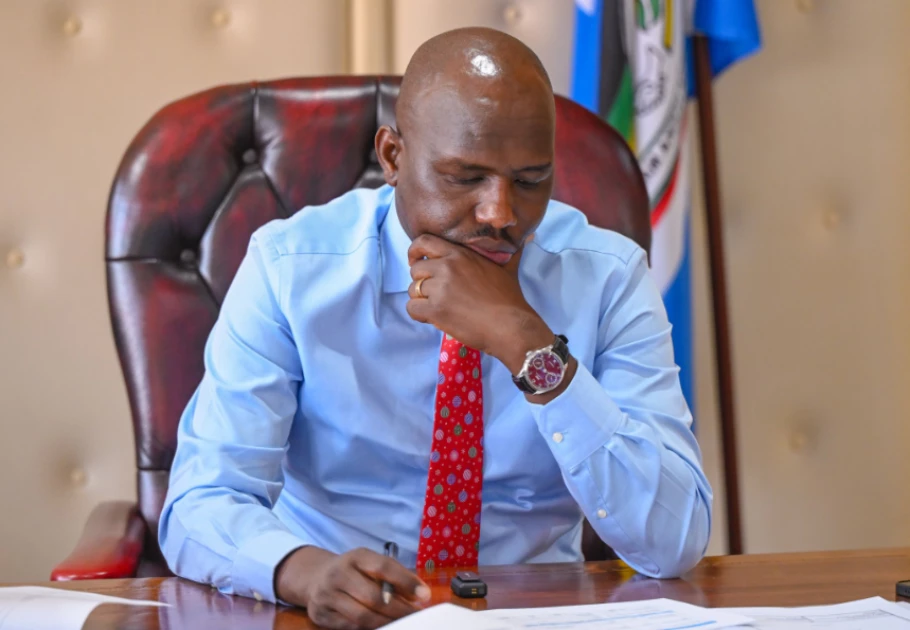Salasya Calls for Anger Management Training for Anti-Riot Police Amid Calls for Police Reforms
Mumias East MP Peter Salasya has called for mandatory anger management and public engagement training for anti-riot police officers. He condemned rising police brutality during protests, urging reforms to restore public trust. His remarks follow national outrage over the death of Albert Ojwang in police custody.
In a powerful and progressive move aimed at improving public trust in law enforcement, Mumias East Member of Parliament, Peter Salasya, has called for the urgent implementation of mandatory anger management and public engagement training for all anti-riot police officers in Kenya. His appeal comes against the backdrop of growing public concern over police brutality, especially during public demonstrations.
Speaking on Tuesday, June 17, via his official X (formerly Twitter) account, Salasya condemned the persistent use of excessive force by law enforcement officers during protests, stressing that such behavior erodes public confidence and violates the rights of citizens. He argued that while maintaining law and order is important, the means used by the police must be within the boundaries of professionalism, humanity, and the Constitution.
Salasya proposed that all anti-riot officers undergo immediate refresher courses that focus not only on anger management but also on modern crowd-control tactics and better public engagement strategies. “We cannot continue to normalize brutality in the name of law enforcement,” he stated. “I strongly recommend that all anti-riot police officers undergo immediate refresher courses in both anger management and public engagement.”
His remarks come in the wake of national protests in Nairobi and Mombasa, where demonstrators took to the streets demanding justice for Albert Ojwang—a young man who tragically lost his life in police custody under unclear circumstances. Protesters, most of them youth, marched through the Central Business Districts of both cities, chanting for justice and holding placards bearing Ojwang’s image. Unfortunately, what began as peaceful protests escalated into chaos when anti-riot police officers used tear gas to disperse the crowds. Businesses near the Nation Centre in Nairobi were forced to shut down temporarily as officers fired tear gas along Kimathi Street and around the National Archives.
The incident that ignited the protests began on June 6, 2025, when Ojwang was arrested in Homa Bay County after allegedly defaming Deputy Inspector General Eliud Kipkoech Lagat. He was transferred over 350 kilometers to Nairobis Central Police Station, where he was later found dead, triggering public outrage and widespread condemnation.
In response to growing pressure from civil society, human rights organizations, political leaders, and the legal fraternity, DIG Lagat stepped aside from his position to allow investigations to proceed. However, many view his move as symbolic and are demanding his arrest and prosecution. Critics argue that justice for Ojwang cannot be achieved unless all those involved are held fully accountable.
Salasya’s bold call adds significant weight to ongoing demands for police reforms in the country. His emphasis on anger management and modern law enforcement training reflects a broader desire among Kenyans for a more humane and rights-based policing system. The lawmaker believes that such measures are not only essential in de-escalating tense situations but are also critical in transforming the police force into one that respects human dignity and the rule of law.
Albert Ojwang’s tragic death has since become a rallying point for a national conversation about police accountability, human rights, and the limits of state power. It has also reignited calls for legislative action to curb the culture of impunity within the police ranks. As pressure continues to mount, Salasya’s timely intervention offers a hopeful path forward, centered on education, empathy, and justice.
With voices like his rising within Parliament and across the political landscape, Kenyans are growing more optimistic that lasting change in the security sector may finally be within reach.













